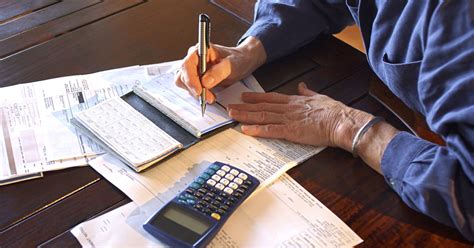
There’s a lot of talk surrounding the importance of credit and what it means if you have poor credit. It can be an intimidating discussion for those who have lost their strong credit—no matter the reason. No one wants to deal with the negative effects of having bad credit. Your credit history impacts things like interest rates. Being forced to pay high interest when borrowing money will cost you a lot in the long run. Luckily, poor credit now isn’t a life sentence.
Consolidate Debt
Consolidating your debt can be a great way to get your finances and credit under control. It can be difficult to keep track of obligations when you need to pay several people every month. You’re more likely to make a payment error or miss payments when you have a multitude of people to pay. This can be solved by consolidating your debt. When you consolidate debt, you will only make one payment every month. In addition to being easier, this can lower payments and interest rates.
Pay Bills on Time
You will boost your credit if you consistently pay off your bills when they are due. Plus, you will avoid incurring any fees for late payment. These can add up to be a substantial amount if you pay late every month. There are a few ways you can help yourself be consistent about your payments. First, see if you’re allowed to set up an auto-pay. Doing this will remove the chance of you forgetting to pay your bill. Try to pay off all your bills at the same time. This will lower the likelihood of any of them slipping your mind. If you’re unable to use an auto-pay system, make sure you give your payment enough time to arrive. Otherwise, you might end up being late even if you sent the money before the due date.
Check Your Credit Score
It’s recommended that you check your credit score at least once per year. This is why you are given one free credit report check per year. You will want to check credit score performance and updates because it indicates your credit worthiness in the eyes of lenders. If your score isn’t where you need or want it to be, don’t get too upset. Letting your debts get further out of hand won’t help anything. Your credit score will improve if you organize yourself and gradually pay off your loans.
Open Small Loans
It’s possible that you’ve been avoiding taking out loans because you’ve had one bad credit experience. You might be afraid of what will happen to your credit if you mess up again. Learn from those previous mistakes. Of course, your credit isn’t going to get better if you don’t pay back the money you owe. However, you can improve your credit by taking out, and repaying, small loans. This might be something as insignificant as your morning coffee. Making consistent, timely payments will improve your credit.
Get Rid of Credit Card Debt
Your credit isn’t going to get better by carrying along credit card debt. You may have heard in the past that having a balance on your cards can help boost your credit. There is really no basis to this claim. On the other hand, this is a great way to get yourself into some considerable credit card debt. Credit cards tend to have much higher interest rates than other kinds of loans. This means you will end up paying a lot more to the lender over time if you don’t pay down your balance at the end of each month.
It’s also not a good idea to put too much on any single credit card. Your credit utilization can affect your credit rating. This is essentially the percentage of your credit limit that you have used at the end of the month. It’s recommended that people don’t use over a third of their credit limit. Going over can signal irresponsible spending, and negatively reflect on your credit.
Don’t fret if you’ve found yourself in a credit sinkhole. There are ways for you to improve your credit standing. Bad credit doesn’t need to be a life sentence.

Founder Dinis Guarda
IntelligentHQ Your New Business Network.
IntelligentHQ is a Business network and an expert source for finance, capital markets and intelligence for thousands of global business professionals, startups, and companies.
We exist at the point of intersection between technology, social media, finance and innovation.
IntelligentHQ leverages innovation and scale of social digital technology, analytics, news, and distribution to create an unparalleled, full digital medium and social business networks spectrum.
IntelligentHQ is working hard, to become a trusted, and indispensable source of business news and analytics, within financial services and its associated supply chains and ecosystems






























